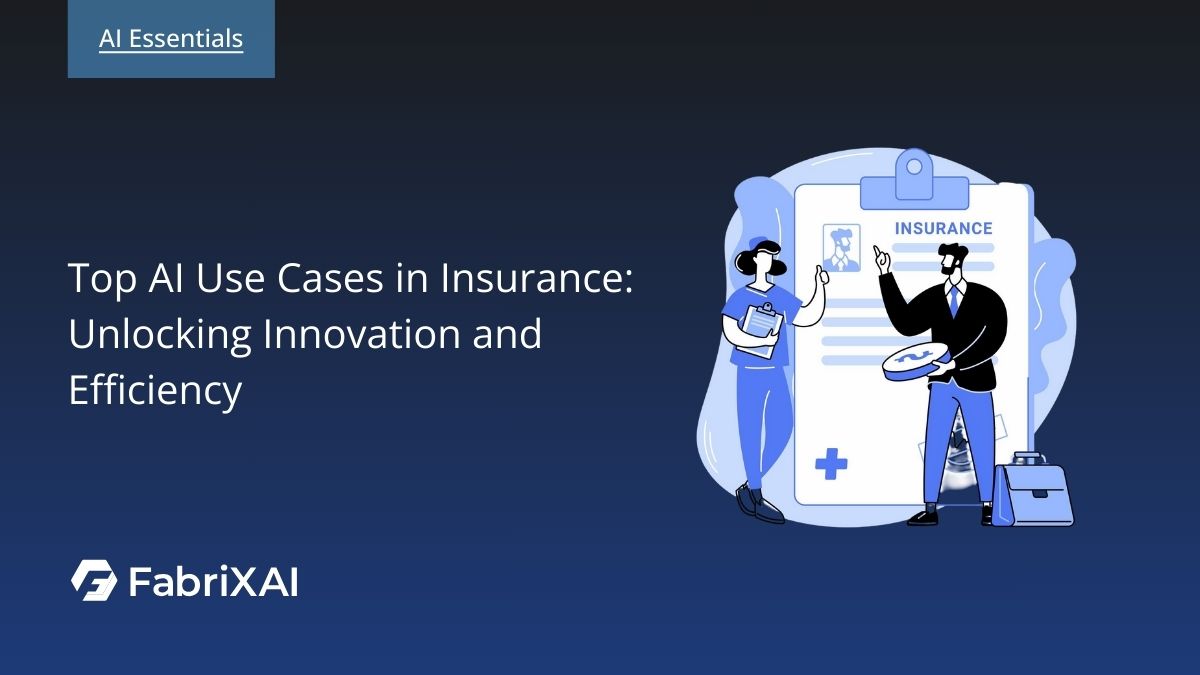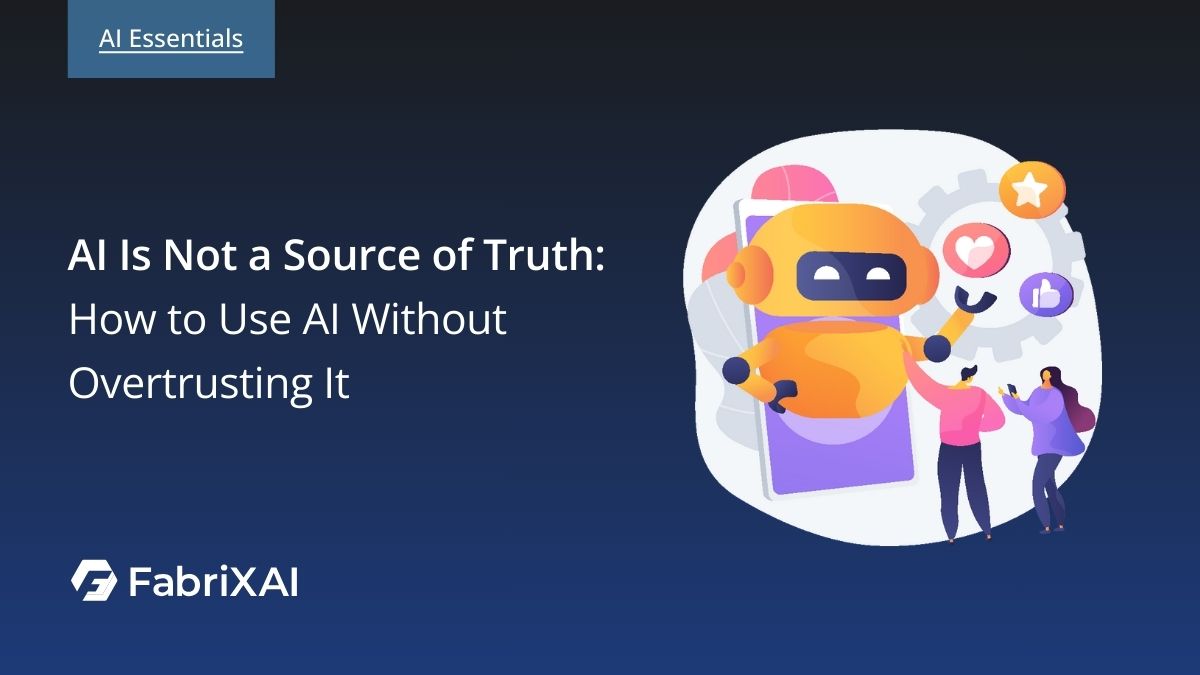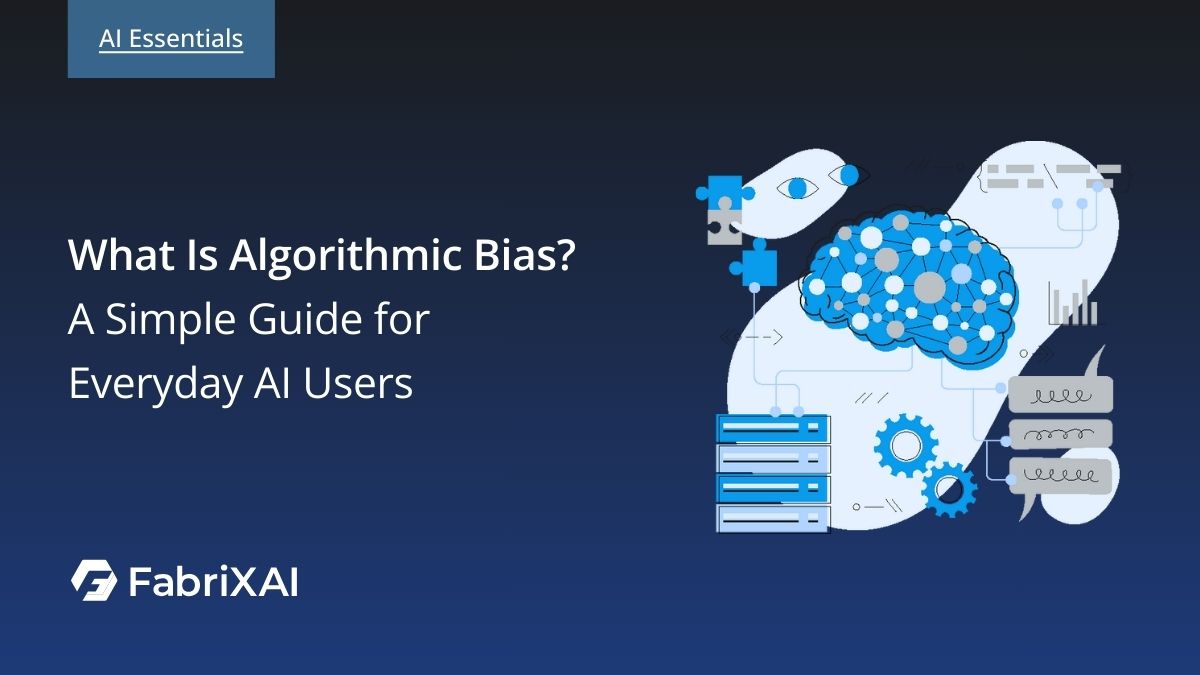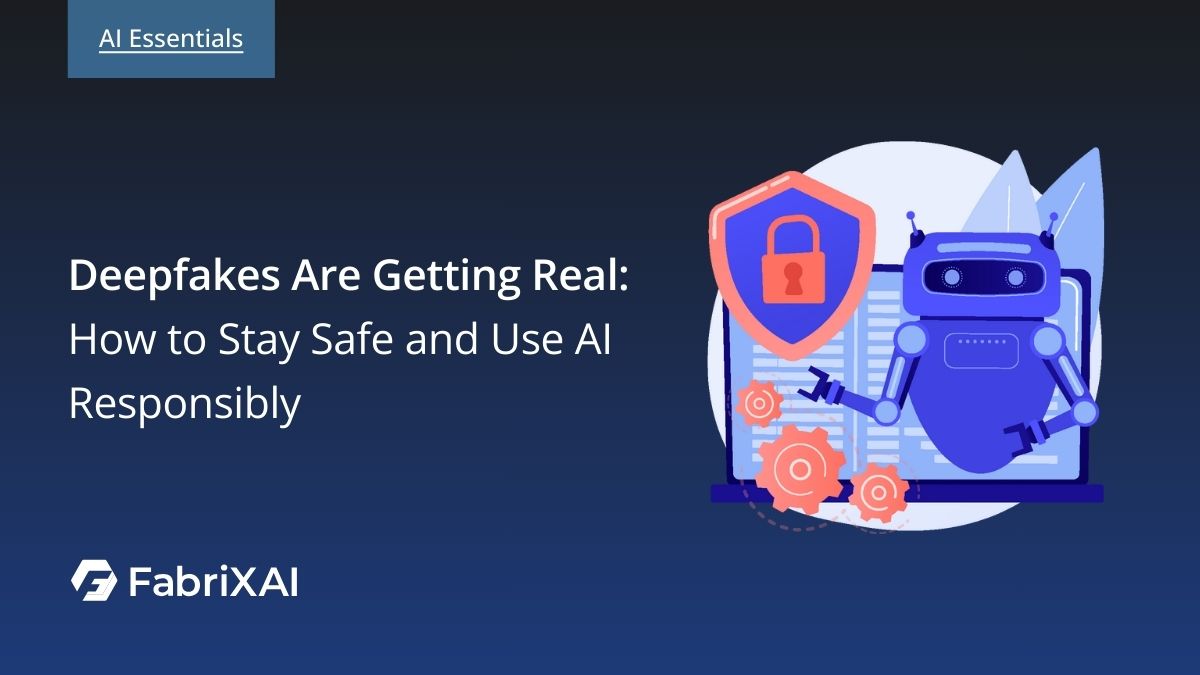Top AI Use Cases in Insurance: Unlocking Innovation and Efficiency

Imagine having an insurance experience that’s seamless and tailored to your needs. That’s what AI brings to the insurance industry. From customizing your policy pricing to expediting claims processing, AI is reshaping how insurers operate. It’s not just about faster data processing; it’s about transforming every aspect of the insurance process to enhance efficiency and customer satisfaction. With AI, insurance companies can quickly analyze vast datasets to evaluate risks and customize options for you. Today, forward-thinking insurers are using AI to tackle challenges and stay competitive. Let’s explore the world of AI in insurance and discover its top use cases and benefits you need to know.
How AI is Changing Insurance
AI is revolutionizing insurance by making operations more efficient and customer-focused. Think of it as having a supercomputer that processes data at lightning speed to offer optimal solutions. This technology is a game-changer, especially in handling extensive datasets and providing insights that help insurers make informed decisions.
- Operational Efficiency: AI streamlines processes, reducing time and cost compared to traditional methods.
- Customer Satisfaction: Offering personalized experiences, AI makes customer interactions smoother and more intuitive.
- Data Processing: AI evaluates risks using digital profiles, ensuring optimal insurance options are selected.
Pioneering insurance companies are leveraging AI to tackle business challenges, staying competitive in a rapidly evolving market.
Tailored Pricing for Your Policy
AI allows insurance companies to offer personalized pricing like never before. By analyzing individual risk profiles, AI systems can create policies that perfectly fit customers.
- Customized Pricing: AI uses data such as driving habits, health records, and more to calculate premiums.
- Example: Metromile’s pay-per-mile model adjusts premiums based on how much you drive, offering fairer pricing.
This approach helps customers save money and aligns premiums more closely with actual risk.
Stopping Fraud in Its Tracks
Fraud is a major concern in the insurance industry, but AI is here to help. By identifying patterns indicative of fraudulent activities, AI can detect and prevent fraud more effectively.
- Pattern Recognition: AI algorithms analyze vast amounts of data to spot irregularities and suspicious claims.
- Example: Allstate uses AI to scrutinize claims, identifying fraudulent ones with high accuracy.
This proactive approach saves money and strengthens trust with legitimate policyholders.
Speeding Up Claims Processing
Gone are the days of waiting weeks for a claim to be processed. AI accelerates the claims process, making it faster and more efficient.
- Speed and Accuracy: AI cross-references policy details to quickly settle claims.
- Example: Lemonade’s AI, Jim, processes claims swiftly, ensuring customers get their payouts without unnecessary delays.
This automation improves customer satisfaction and reduces administrative burdens on insurance companies.
Precision in Risk Assessment and Underwriting
AI enhances the precision of underwriting decisions by providing deeper insights into risk factors.
- Improved Precision: AI evaluates various data points to offer a comprehensive risk assessment.
- Example: Swiss Re uses AI for life insurance risk assessments, streamlining the underwriting process.
This leads to more accurate policy pricing and better risk management for insurers.
Making Customer Service Personal
AI-driven chatbots and virtual assistants are transforming customer service in insurance, offering 24/7 assistance and personalized interactions.
- Enhanced Interaction: AI chatbots handle queries, provide policy updates, and more.
- Example: Geico’s virtual assistant Kate helps customers with policy questions, ensuring they get the information they need quickly.
These tools improve customer service and free up human agents to handle more complex inquiries.
Quick Damage Assessment
AI’s computer vision algorithms speed up the damage assessment process for claims, making it quicker and more accurate.
- Visual Analysis: AI analyzes images and videos to assess damage, providing instant evaluations.
- Example: ICICI Lombard uses AI for motor insurance claims, ensuring faster settlements.
This technology reduces the time and resources needed for damage assessments, benefiting both insurers and customers.
Automating Business Processes
AI automates routine tasks like data entry and compliance checks, reducing errors and costs while boosting efficiency.
- Efficiency Boost: AI handles repetitive tasks, allowing human employees to focus on more strategic work.
- Example: Zurich Insurance has automated data processing tasks, significantly enhancing operational efficiency.
This automation leads to significant cost savings and improved accuracy across various business processes.
Forecasting with Predictive Analytics
AI’s predictive analytics capabilities enable insurers to foresee customer behavior and refine pricing strategies.
- Behavior Prediction: AI analyzes trends to anticipate claims, helping insurers set aside appropriate reserves.
- Example: AXA uses predictive analytics for claims trend anticipation, improving financial management.
This foresight allows insurers to stay ahead of market changes and adjust their strategies accordingly.
Benefits of AI in Insurance
AI offers numerous benefits to the insurance industry, transforming how companies operate and interact with customers.
- Efficiency Gains: Streamlined operations and processes lead to faster, more reliable services.
- Cost Savings: Automation reduces operational costs, providing financial advantages.
- Improved Customer Satisfaction: Personalized, prompt services enhance the overall customer experience.
- Competitive Advantages: AI provides a strategic edge, helping companies differentiate themselves in the market.
These benefits make AI a crucial tool for any insurance company looking to thrive in today’s competitive landscape.
Addressing Challenges and Considerations
While AI offers many advantages, there are challenges and considerations to address during deployment.
- Technical Complexities: Implementing AI systems can be technically challenging, requiring specialized skills.
- Data Privacy Concerns: Compliance with regulations is essential to protect customer data and maintain trust.
- Implementation Hurdles: Overcoming common barriers involves careful planning and execution.
Understanding these challenges ensures a smoother AI adoption process.
Making AI Understandable
Breaking down complex AI concepts helps demystify the technology for a broader audience.
- Analogies and Visuals: Using relatable examples makes AI more approachable and easier to understand.
- Layman’s Terms: Simplifying jargon ensures clear communication of AI’s capabilities and potential.
This approach empowers stakeholders to make informed decisions about AI adoption.
Looking to the Future
The future of AI in insurance looks promising, with ongoing projects and strategic planning paving the way.
- Internal Projects: AI-driven initiatives will continue to enhance core processes and drive innovation.
- Responsible AI Practices: Ensuring ethical and beneficial outcomes for society remains a top priority.
By embracing AI responsibly, insurers can unlock its full potential for transformative impact.
Key Takeaways
- AI revolutionizes insurance by enhancing operational efficiency, customer satisfaction, and risk assessment precision.
- Personalized pricing models and fraud detection are crucial AI applications that lead to cost savings and increased trust.
- Successful AI integration involves addressing technical challenges, ensuring data privacy, and employing predictive analytics for strategic advantages.
FAQ
1. How is AI improving customer service in insurance?
AI improves customer service through chatbots and virtual assistants, providing 24/7 assistance and personalized interactions, which enhance customer satisfaction and free up human agents for complex queries.
2. What are the challenges of implementing AI in insurance?
Challenges include technical complexities, data privacy concerns, and implementation hurdles, which require careful planning and skilled execution to overcome successfully.
3. How does AI contribute to cost savings in the insurance industry?
AI contributes to cost savings by automating routine tasks, reducing errors, optimizing pricing strategies, and improving fraud detection, thereby streamlining operations and minimizing resource expenditure.



